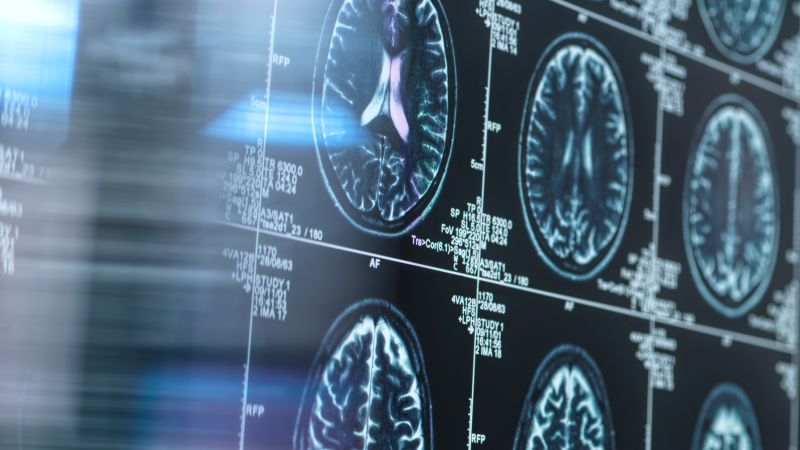Lithium and the Future of Mental Health

Introduction
Lithium, a substance that was once a key ingredient in 7Up, has now been discovered to have potential in treating not only mental illnesses like bipolar disorder but also Alzheimer's disease. A recent study has shed light on the potential benefits of using lithium in developing treatments for Alzheimer's, a disease that currently has no cure. This groundbreaking discovery has brought attention to the long-standing use of lithium in the field of mental health and how it has evolved over the years.
The History of Lithium
In the early 19th century, lithium was first used as a treatment for gout and other ailments. It wasn't until the 1940s that it was recognized for its mood-stabilizing properties and used in the treatment of bipolar disorder. Since then, it has become a key component in managing mood disorders and has shown promising results in treating other mental illnesses like depression and schizophrenia.
The Link to Alzheimer's
The recent study has shown that lithium may have a protective effect on the brain, making it a potential candidate for developing treatments for Alzheimer's. As the population ages and the number of people with Alzheimer's continues to rise, this discovery could have a significant impact on the future of the disease. It also highlights the importance of further research and exploration of the potential uses of lithium in the field of mental health.















